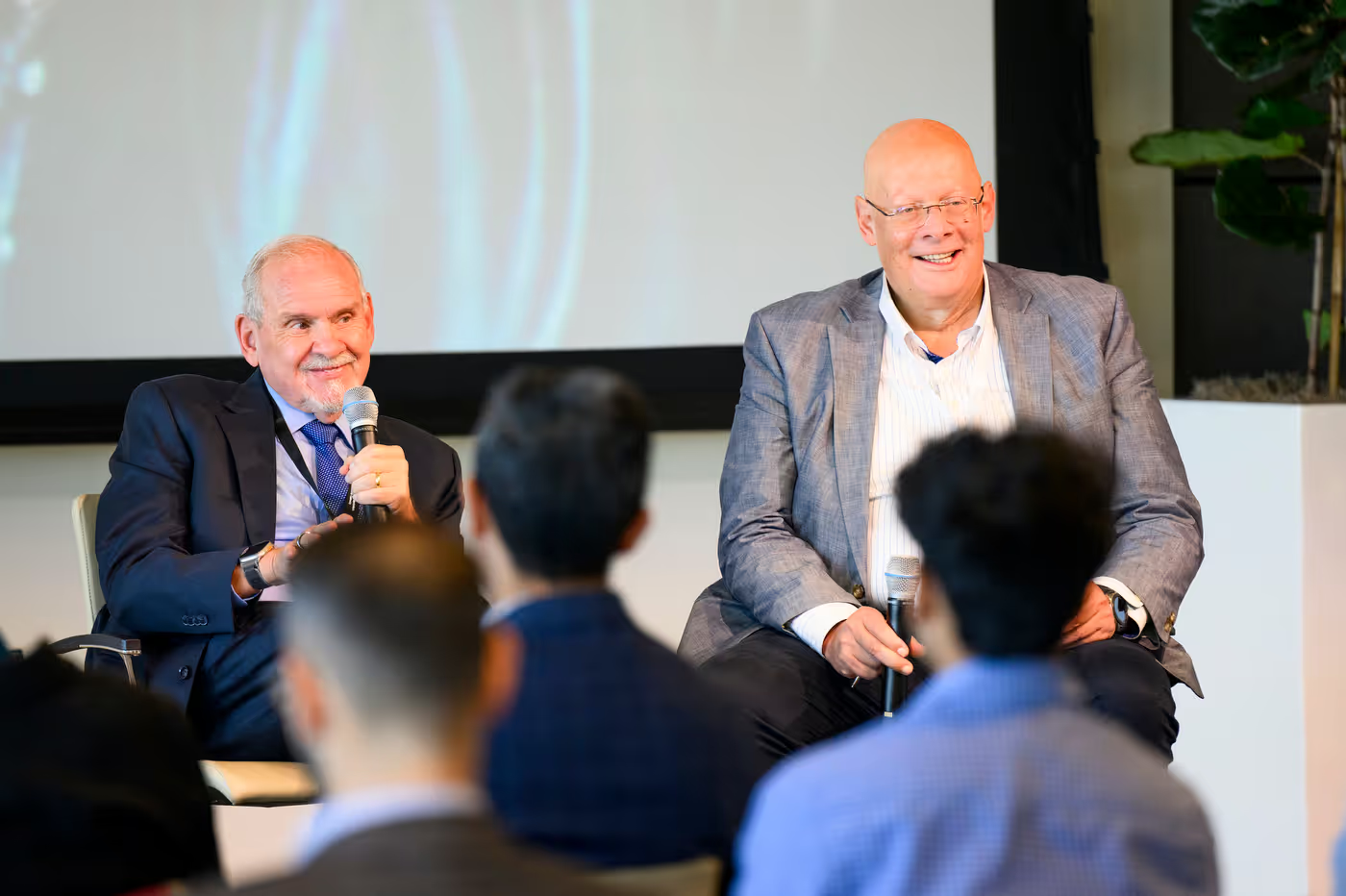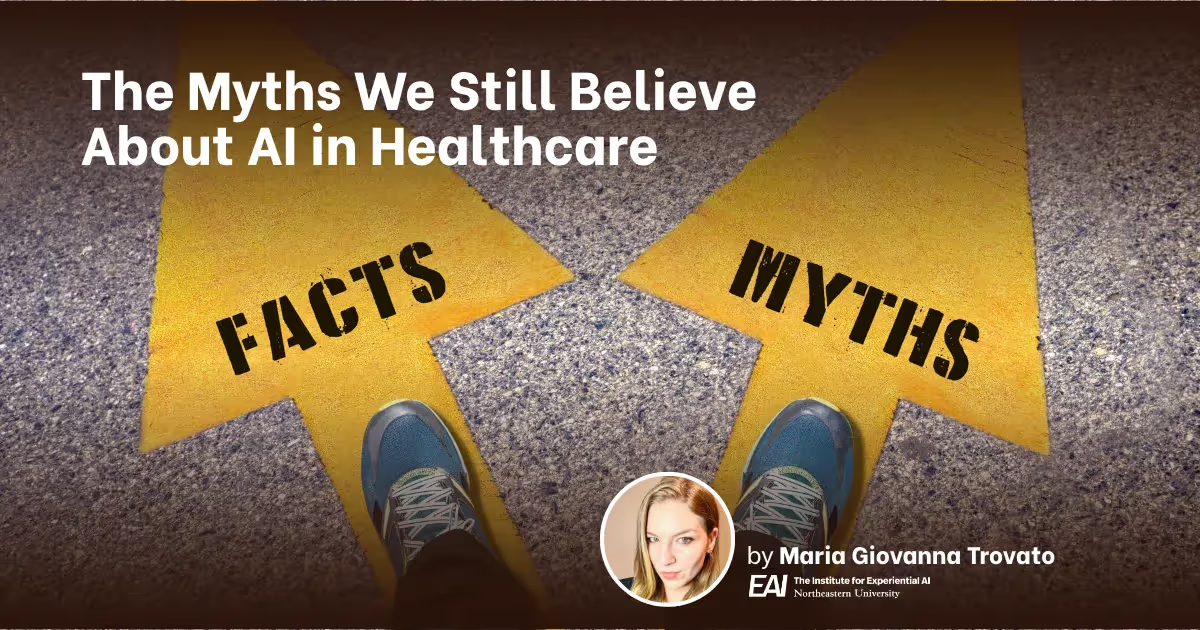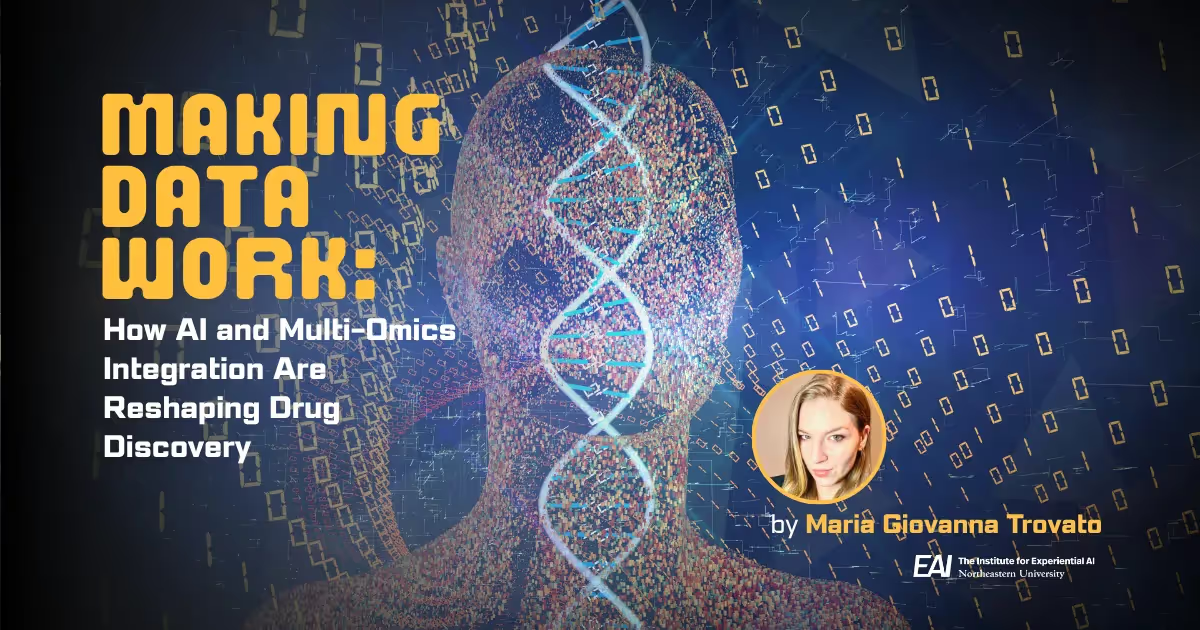How is AI Helping Doctors Make Better Decisions?

As a doctor with the World Health Organization in the 1970s, Larry Brilliant saw firsthand smallpox’s destructive force.
Working out of the organization’s New Delhi office, the young doctor saw case after case of individuals contracting and dying from the disease. The most distinguishing symptom of smallpox are the fluid-filled blisters that can cover a person’s entire body.
But the epidemiologist didn’t just stand still as the disease took more and more lives — he was one of the key players in a worldwide vaccination initiative.
Leading a team of 150,000 health care workers in India, Brilliant and his colleagues spent 20 months searching every house in India to vaccinate every community and create “immunity rings” when specific smallpox cases were found.
Those efforts paid off. Smallpox was officially declared eradicated in 1980 by the World Health Assembly.
“I want you to be inspired about what a group of fanatic, crazy people can do when they are battling against something as horrible as that,” Brilliant said Thursday morning in a fireside chat with Usama Fayyad, executive director of Northeastern University’s Institute for Experiential AI.
Today, Brilliant is taking on a different kind of challenge as the CEO of Evity.AI, a new AI health care technology company. The company is in the process of developing a health care platform that takes advantage of artificial intelligence to assist in patient care, he says.
Brilliant is working directly with the Institute for Experiential AI on the project and was invited to speak Thursday morning to kick off the institute’s State of AI in Precision Health Conference on East Village at Northeastern’s Boston campus.
---




